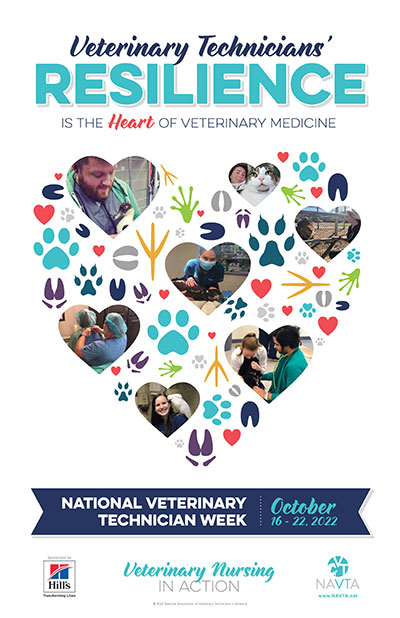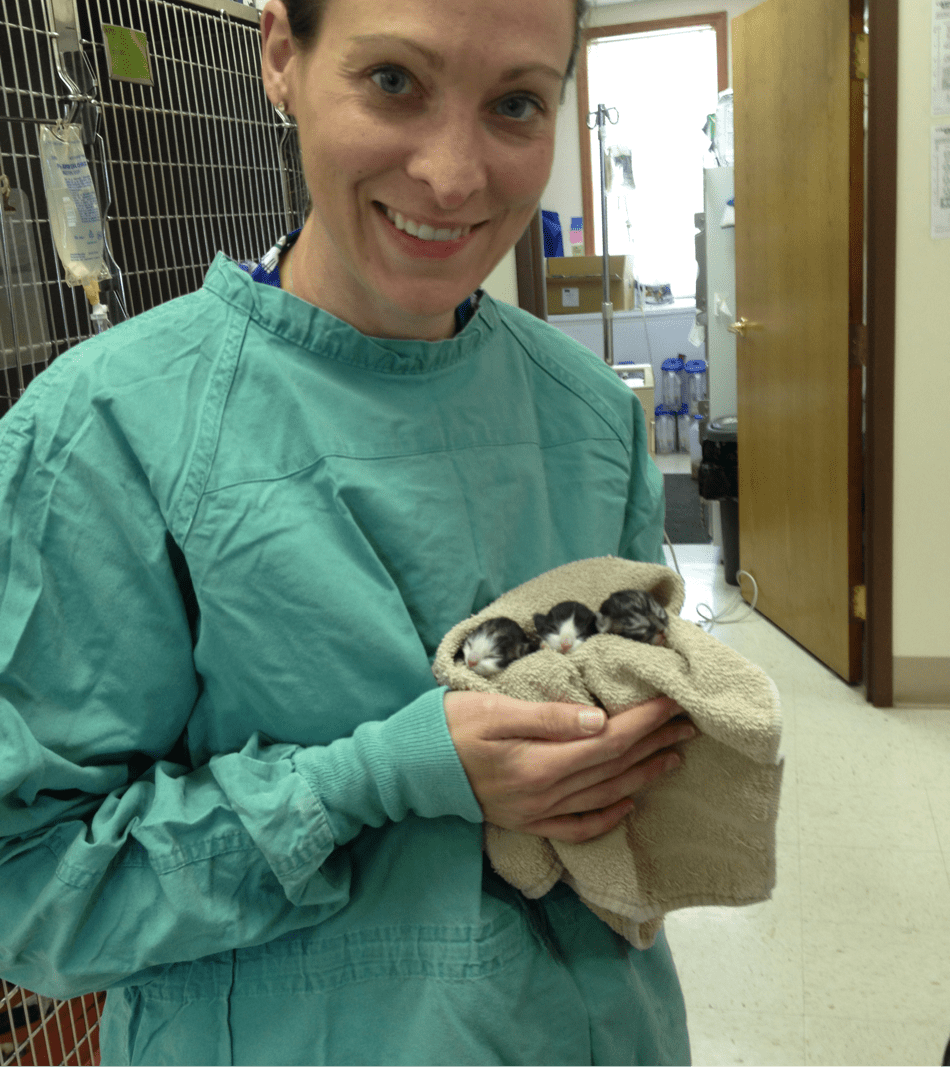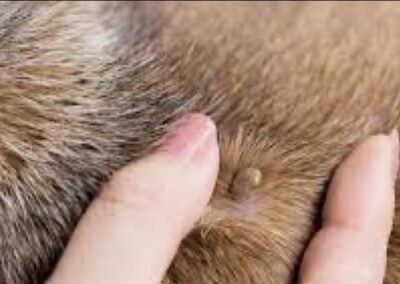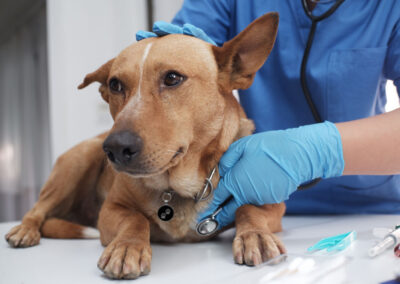Veterinary technicians are animal nurses (and much more). In addition to their nursing duties, they act as patient advocates, phlebotomists, radiology technicians, laboratory technicians, anesthesia technicians, and surgery technicians. Except tasks legally restricted to veterinarians, such as diagnosing disease conditions, performing surgery, prescribing medications, and prognosing medical outcomes, veterinary technicians are trained to do everything a veterinary hospital requires to run smoothly.
Veterinary technicians must receive formal training in the knowledge and skills required to handle their many daily responsibilities by graduating from an American Veterinary Medical Association (AVMA)-accredited college with an associate’s degree in veterinary technology.
After completing an 18- to 36-month course, veterinary technicians also must pass the Veterinary Technician National Exam (VTNE) to obtain a license. Although veterinary clinics might employ veterinary assistants to provide some patient care, many tasks are legally restricted to veterinary technicians who have the education and skills to provide a higher level of care.
Generally speaking, your pet’s veterinary technician has more face time with your pet during the day than the veterinarian. They not only act as a medical care provider but also a stand in owner making sure that your pet get love, snacks, and beds (as appropriate…I’m looking at the lab that is going to eat everything put in their cage!).
The bottom line is that the veterinary technicians that care are essential for the care provided to your pet. Without them we would not be able to see many appointments or do the amount of surgeries that we do. This month if there is a veterinary technician that has take good care of your pet thank them, appreciate them, and maybe bring them some snacks! They are in this profession because it is a calling and they love it.


 Barks & Recreation is proud to feature Dr. Eileen Savier CVA, CVCH as our Veterinary Blogger in our “From the Vet” Series — offering information related to the health and welfare of your furry family members! Currently part of the team of doctors at Keystone Veterinary Clinic, Dr. Savier is a 2012 Graduate of the Ross University School of Veterinary Medicine, She completed her clinical experience at The Ohio State University and after veterinary school she pursued further education and certification in Veterinary Acupuncture, Chinese Herbal Medicine, and Fear Free veterinary visits. Dr. Savier has a special interest in integrative medicine, animal behavior, and internal medicine and is committed to improving animal health care by integrating Eastern and Western philosophies. She enjoys working with fearful & aggressive dogs and cats and she has had additional training in low stress handling techniques and encourages positive reinforcement during exams and procedures. Her clinical interests include pain management, animal behavior, geriatric patient care, and internal medicine.
Barks & Recreation is proud to feature Dr. Eileen Savier CVA, CVCH as our Veterinary Blogger in our “From the Vet” Series — offering information related to the health and welfare of your furry family members! Currently part of the team of doctors at Keystone Veterinary Clinic, Dr. Savier is a 2012 Graduate of the Ross University School of Veterinary Medicine, She completed her clinical experience at The Ohio State University and after veterinary school she pursued further education and certification in Veterinary Acupuncture, Chinese Herbal Medicine, and Fear Free veterinary visits. Dr. Savier has a special interest in integrative medicine, animal behavior, and internal medicine and is committed to improving animal health care by integrating Eastern and Western philosophies. She enjoys working with fearful & aggressive dogs and cats and she has had additional training in low stress handling techniques and encourages positive reinforcement during exams and procedures. Her clinical interests include pain management, animal behavior, geriatric patient care, and internal medicine. Dr. Savier shares her home with two (soon to be three) dogs, two cats, and a toddler. She lovingly refers to her two dogs as Coconut Retrievers as they were rescue dogs she brought home from the island of St. Kitts. In her free time she enjoys spending time with her family, going to the beach, and planning her next Disney vacation.
Dr. Savier shares her home with two (soon to be three) dogs, two cats, and a toddler. She lovingly refers to her two dogs as Coconut Retrievers as they were rescue dogs she brought home from the island of St. Kitts. In her free time she enjoys spending time with her family, going to the beach, and planning her next Disney vacation.




